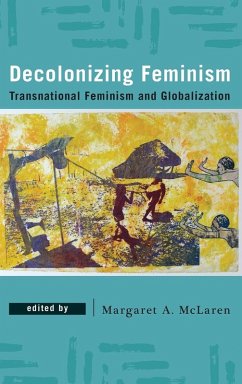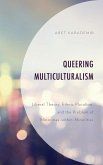What does it mean to decolonize transnational feminist theory in the context of globalization? As a project concerned with multiple power structures, feminist theory must address the historical legacies of colonialism, postcolonialism, and more recently, decoloniality. This book offers essays organized around a coherent set of research questions about how to conceptualize an inclusive feminist politics. This has been, and continues to be, a central project in feminist theory, particularly in light of neoliberal globalization. International and interdisciplinary in scope, this book introduces the key issues in, and addresses the most significant challenges for, contemporary transnational feminist politics. In the context of rapid globalization, it explores the theoretical frameworks for thinking through significant concepts in feminist theory and activism: rights, citizenship and immigration, feminist solidarity, decolonizing methodologies and practices, and freedom. From diverse socio-political locations and multiple and interdisciplinary perspectives authors propose new ways of thinking about feminist knowledges, methodologies, and practices. Ideal for students and scholars in Gender and Globalization, Transnational Feminism and Feminist Theory more broadly, the volume contributes to the ongoing project of advocating a decolonizing feminist approach to pressing social issues.
Hinweis: Dieser Artikel kann nur an eine deutsche Lieferadresse ausgeliefert werden.
Hinweis: Dieser Artikel kann nur an eine deutsche Lieferadresse ausgeliefert werden.








